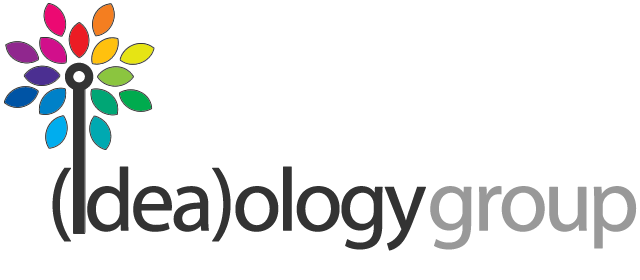The emotive aspect of branding in product ideation is often overlooked. When people "feel" connected to a group or a place or in this case a brand, they can become fiercely loyal brand ambassadors. Apple and Walt Disney are perfect examples of this. Take some time to digest this well written article on the subject.
-Max Daves
CEO (idea)ology group
Beloved Brands Connect Emotionally to Lead the Pack http://www.entrepreneur.com/article/237890
Beloved Brands Connect Emotionally to Lead the Pack At the end of the day, and at the end of your positioning statement, your brand must rest on an emotional benefit.
Sure, functional benefits are important because they outline what your product will do for your customer, which is critical to your success. They get you in the door of your customer, but they won’t keep you there.
The problem is that any product in a given category generally offers the same functional benefits. It’s very hard to differentiate based on a product attribute.
You may temporarily have a competitive claim that you can hang you hat on, but only until your competitors match it. It’s very easy to play catch up.
Take a look at the skin-care category. Virtually every single moisturizer in the world will hydrate your skin, minimize fine lines and wrinkles and even out texture. Every brand has a way of serving up those features differently, and that’s important, but at the end of the day they are all kind of the same.
In almost any industry, it’s about the same phenomenon.
To really differentiate, you have to go beyond product attributes and connect emotionally with your customers. That’s when you move beyond selling a product and becoming a brand.
It’s the “so that” in our classic positioning statement that we’ve been formulating.
The emotional benefit is ultimately what differentiates your brand and positions it in people’s mind. The emotional benefit is how you want people to feel about your brand, whether they use the product or not. The emotional benefit is what allows a brand to expand across product categories and customer targets. The emotional benefit is what gives the brand legs.
Take a look again at the skin-care category. While brands like L’Oreal, Neutrogena and Olay have much the same “product line” and functional benefits, the emotional benefits and the brand positioning for each couldn’t be farther apart. Take a look at their advertising messages:
L’Oreal: Because I’m Worth It (confidence, self-esteem) Neutrogena: #1 Dermatologist Recommended (security, best available) Olay: Your Best Beautiful (control, determination) While these product lines may differ, the fundamental product attributes and benefits are nearly the same -- but the brands couldn’t be farther apart.
By using emotional benefits to differentiate, each brand is positioning itself to appeal to its target audience and aligning to what’s most important to them.
It’s the emotional benefit that puts the finishing and magical touch on your positioning. Without it, you’d simply have a product, instead of a beloved brand.
From www.idea-ology.com (via Instapaper)



